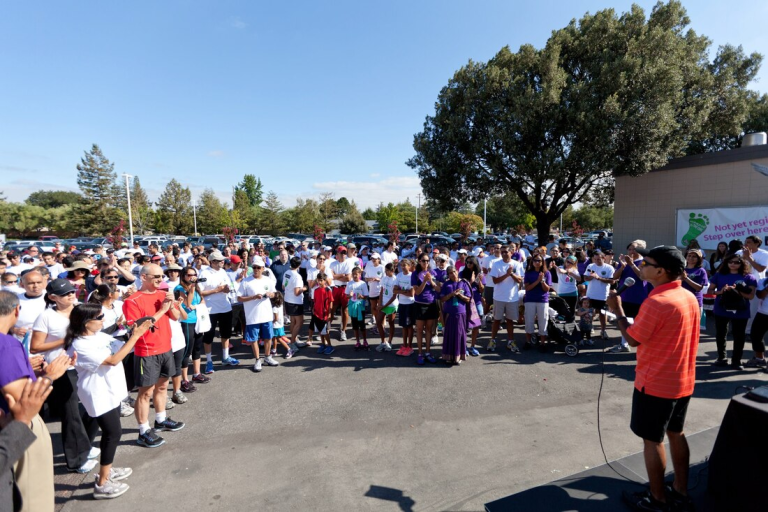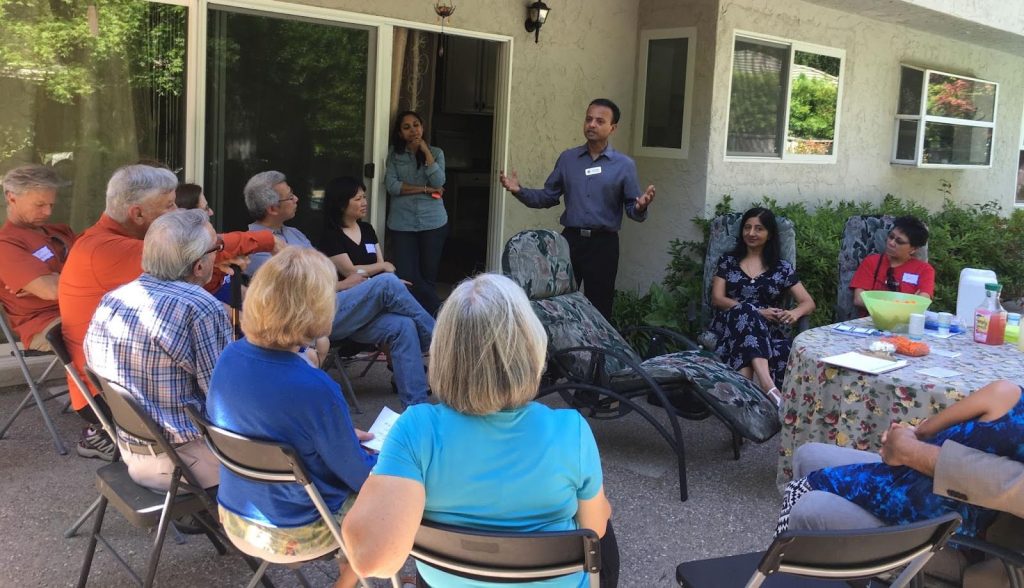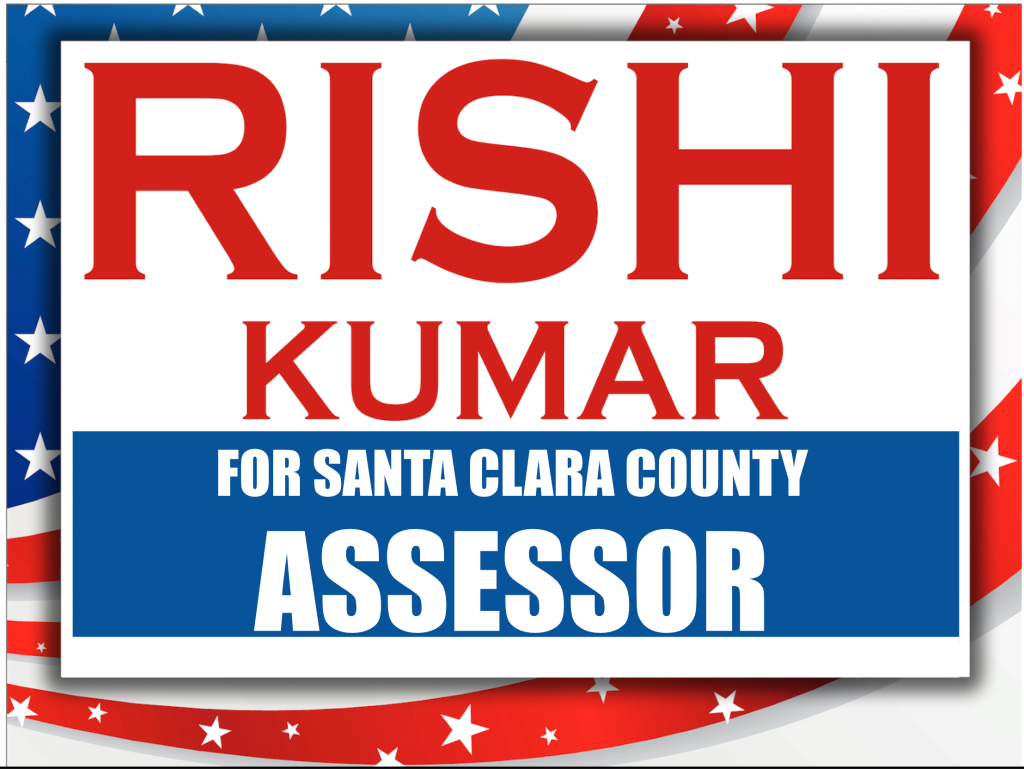Scroll down to learn why Rishi is voting NO on Santa Clara County's Measure A and the sales tax increase

When the Saratoga City Council Proposed a Parcel Tax…
As a fiscal moderate, I believe in thoughtful, data-driven governance—not impulsive, poorly planned tax hikes that risk becoming a modern-day Tughlaq moment.
The Saratoga City Council is currently facing a growing budget deficit, and our public works projects are falling behind. In 2022, the Public Works team raised a red flag: our Pavement Condition Index (PCI) was slipping below the target of 70. They warned that the lower it fell, the harder—and more expensive—it would be to recover. The message was clear: fix it now or pay far more later.
City staff recommended a bond measure or a parcel tax to cover the costs. Most of my council colleagues were ready to follow that path. But I couldn’t support it.
I stood alone as the dissenting vote—not because I ignored the urgency, but because I believe that good governance starts with fiscal responsibility.
As a fiscal moderate, I’ve always believed that tax increases should be a last resort, not a default reaction. Before asking our residents—many of whom are already struggling with inflation and rising living costs—to pay more, we owe them a full accounting of how current dollars are being spent.
California is filled with cautionary tales of government inefficiency and financial mismanagement:
The $20 billion in EDD unemployment fraud during the pandemic.
High-Speed Rail, originally estimated at $33 billion and now projected to exceed $128 billion, with no completion in sight.
Homelessness spending, where billions have been poured into programs with little to no measurable reduction in homelessness across major cities.
These examples reflect a troubling trend: government too often reaches for more funding without first demonstrating results or accountability.
In Saratoga, I pushed for austerity, optimization, and performance auditing before even considering a tax hike. We hadn’t conducted a deep enough review of inefficiencies or explored creative reallocation of funds. I believed we could—and should—do better.
Despite my objections, the council moved forward, hiring a consultant to prepare for a potential ballot measure. But then the community weighed in. Residents began asking: Have we truly done everything possible to manage our finances wisely?
The pressure worked. The City Council ultimately shelved the parcel tax proposal.
Had I voted “yes,” the tax measure likely would have advanced to an expensive, unnecessary election. Instead, my “no” vote served as a line in the sand—a message that leadership is about protecting taxpayers, demanding accountability, and insisting on smart, efficient governance before asking for more.
Rishi Kumar says No to Measure A and No to a Sales Tax Increase
Vote NO on Measure A—Stop the County’s Tax-and-Spend Habit
This measure is on the November 4, 2025 ballot – along with the Assessor’s race.
Measure A is a regressive sales tax that hits low- and middle-income families the hardest — another raid on your wallet at a time when inflation is already squeezing residents.
Here are 3 reasons why you vote NO on Measure A:
⦿ Vote NO on Measure A. It’s a poorly managed a bailout of a recklessly mismanaged county hospital system that lost $600 million last year alone. County forecasts show the deficit ballooning to $1 billion next year and $1.4 billion by 2030 — making future tax hikes virtually inevitable. Measure A’s projected $330 million a year is just not enough,
⦿ This tax and spend by county leaders is a consistent pattern. For example—A grand jury report on the Valley Transportation Authority found bus and light rail operations lost $635 million in 2022 and $503 million the year before, with fare revenue covering only 7–10% of costs. Why not fix or overhaul failing programs before demanding more from taxpayers?
⦿ Measure A is disguised as a “general tax” loophole that doesn’t dedicate a dime of this money to healthcare, and can be spent on absolutely anything, requiring only 50% voter approval instead of the two-thirds vote a special tax would need. It’s a legal loophole — with no binding oversight committee to ensure the funds are used as promised.
The county’s healthcare system has had years of deficits, but now calls a final-day “emergency,” without making the reforms and audits needed to protect the very services it claims are at risk.
Vote NO on Measure A! It’s not a solution but a short-term band-aid that hides decades of fiscal mismanagement
Vote NO on Measure A — demand real reform, fiscal discipline, and leadership that lives within its means. No more tax increases to compensate for waste and inefficiency.
County of Santa Clara Measure A:
General Retail Transactions (Sales) and Use Tax of Five-Eighths of One Cent for Five Years
To help protect our community from severe federal cuts enacted by President Trump and Congress; support critical local services such as trauma, emergency room, mental health, burn, and cancer care; and reduce the risk of hospital closures at Santa Clara Valley Healthcare and other service cuts—shall the County of Santa Clara adopt a five-eighth cent general sales tax for 5 years, providing $330 million annually that cannot be taken by the federal government and is subject to independent audits/oversight?





